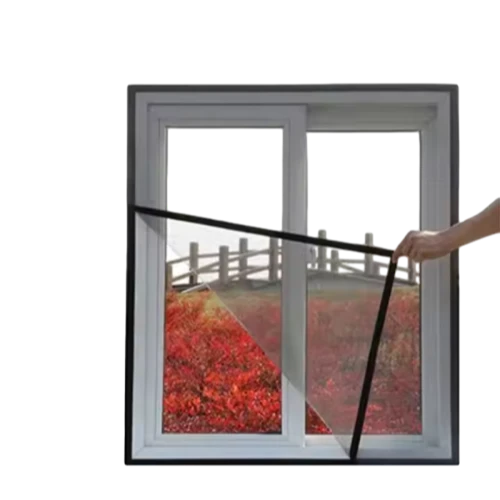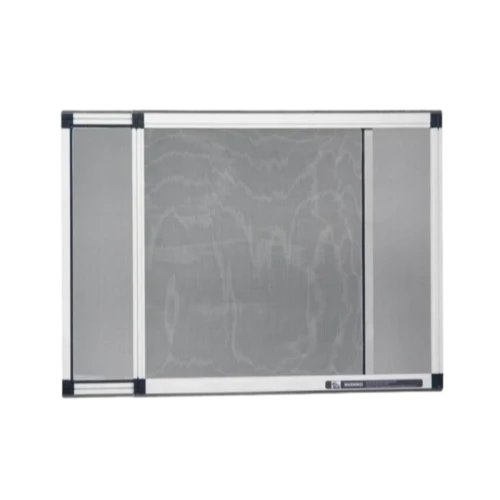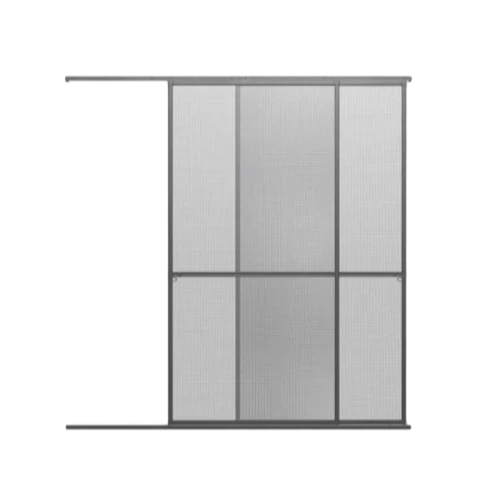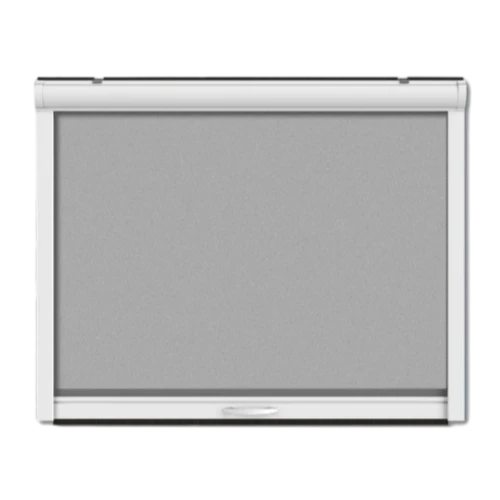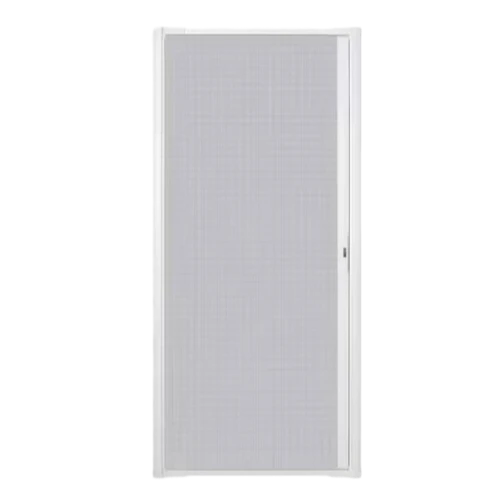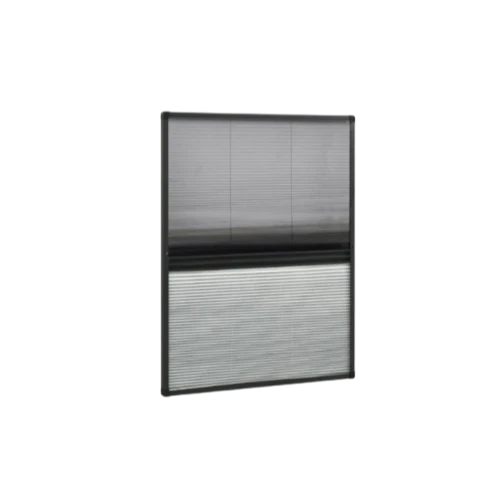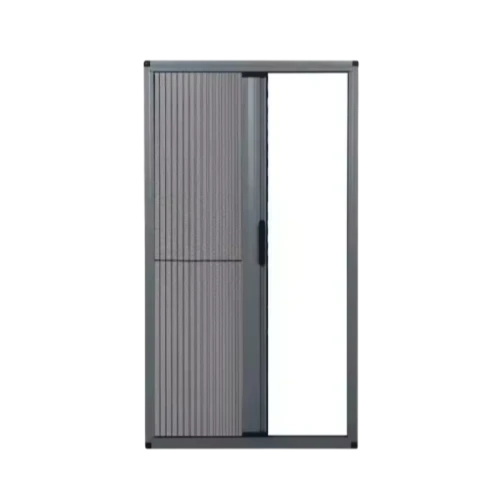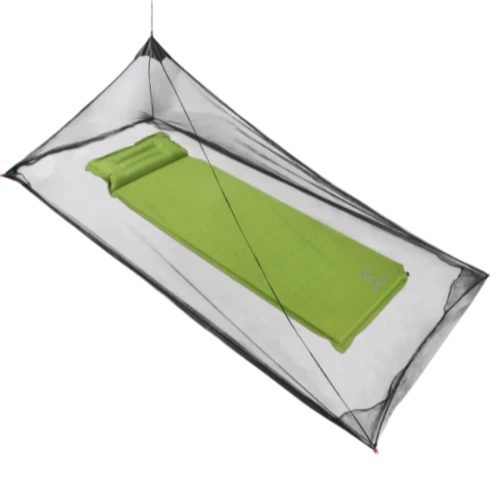Jan . 06, 2025 15:59 Back to list
mosquito net types
Choosing the right mosquito net is more than just a matter of comfort—it's a crucial step in protecting yourself and loved ones from mosquito-borne diseases. With myriad options available, understanding the different types of mosquito nets is essential for making an informed decision. Drawing upon expert insights from field-tested experiences, let's navigate the landscape of mosquito net types to help you choose with confidence.
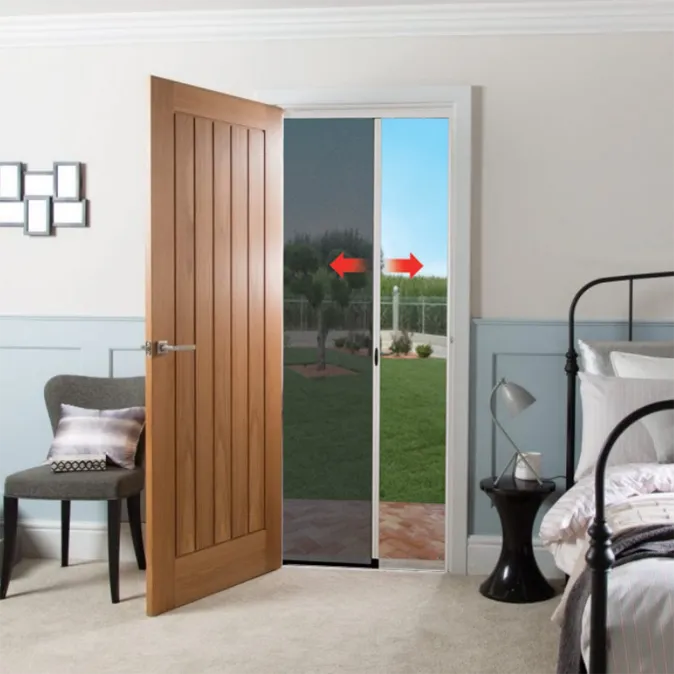
One of the primary considerations is the style of the netting. Canopy-style mosquito nets are popular due to their elegance and simplicity. Ideal for indoor use, these nets drape over the bed, providing a serene and secure environment reminiscent of a four-poster canopy. Their ease of installation makes them a favorite choice for homeowners seeking not only protection but also aesthetic enhancement.
For those on the move or living in dynamic environments, pop-up mosquito nets offer unbeatable convenience. These self-supporting nets can be erected in seconds, making them perfect for camping trips, beach outings, or use with toddler cribs. Their portability and quick setup do not compromise their efficiency, delivering a compact yet robust barrier against insects.
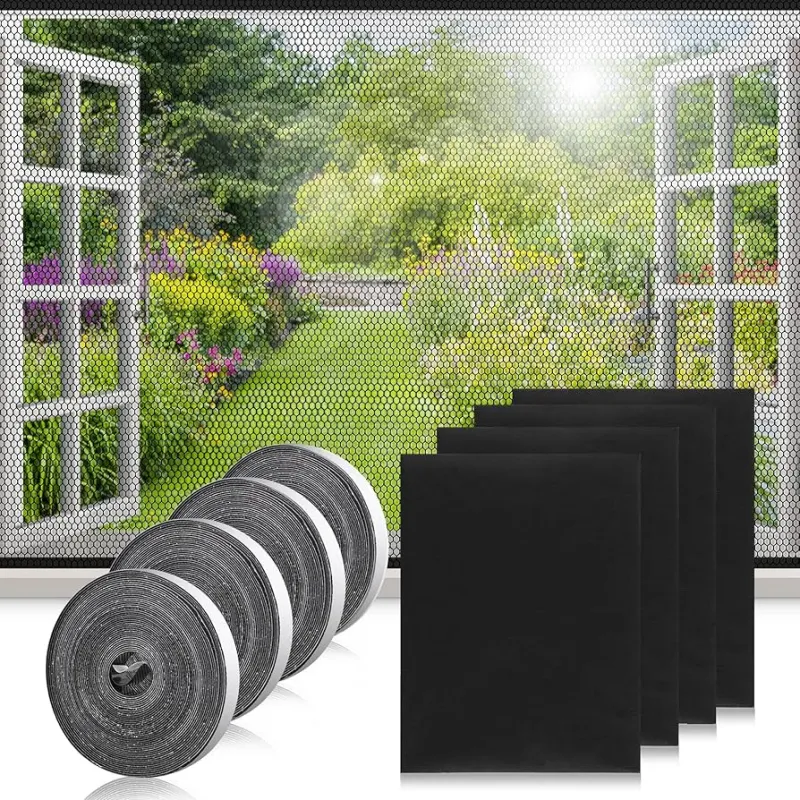
Hammock nets cater to the adventurous spirits who prefer sleeping elevated in hammocks. These nets envelop the hammock entirely, ensuring a snug and complete seal from mosquitoes without cramping your style or comfort. Many come with additional features like water-resistant coatings or UV protection, highlighting their specialized design for the outdoors.
Freestanding mosquito net tents represent the pinnacle of versatility. They eliminate the need for ceiling suspension and are perfect for those seeking a standalone solution, either indoors or on the patio. Designed to accommodate multiple occupants, these substantial structures ensure that every bit of your space is safeguarded.
mosquito net types
For a blend of sustainability and reliability, impregnated mosquito nets stand out. Infused with insecticides such as permethrin, these nets not only form a physical barrier but also actively repel and kill mosquitoes upon contact. Health organizations recommend these nets for malaria-prone zones, underscoring their efficacy and trustworthiness. Careful handling and regular inspections ensure their longevity and effectiveness without harm to human users.
Understanding the material is essential too. Polyester nets are renowned for their durability and low weight, making them perfect for travel. Cotton nets provide superior comfort with their softness and breathability, although they may require more care. Each material brings unique advantages that align with specific needs and preferences.
Yet, the efficacy of a mosquito net depends heavily on proper maintenance. Routine cleaning and storage protect the net from damage and potential loss of performance. Checking for tears and ensuring they are promptly repaired can extend the lifespan of these nets significantly, offering continued protection.
In conclusion, selecting the right mosquito net requires a balance of style, functionality, and specific use cases. From canopy-style elegance to the rugged practicality of impregnated nets, understanding each type's strengths and applications can significantly impact your comfort and safety. Trust in expert guidance and personal experience ensures that your investment in a mosquito net yields optimal protection and enduring peace of mind.
Products
Latest news
-
Unveiling the Allure and Practicality of Classic Mosquito Nets
NewsJul.04,2025 -
Unraveling the World of Mosquito Nets: Varieties, Costs, and Production
NewsJul.04,2025 -
Redefining Protection and Style: The World of Mosquito Nets
NewsJul.04,2025 -
Enhancing Sleep and Style with Contemporary Mosquito Nets
NewsJul.04,2025 -
Diverse Solutions in Mosquito Netting: Sizes, Varieties, and Flexibility
NewsJul.04,2025 -
Deciphering Mosquito Nets: Significance, Varieties, and Applications
NewsJul.04,2025 -
Transforming Bedrooms into Mosquito - Free Havens
NewsJul.01,2025


